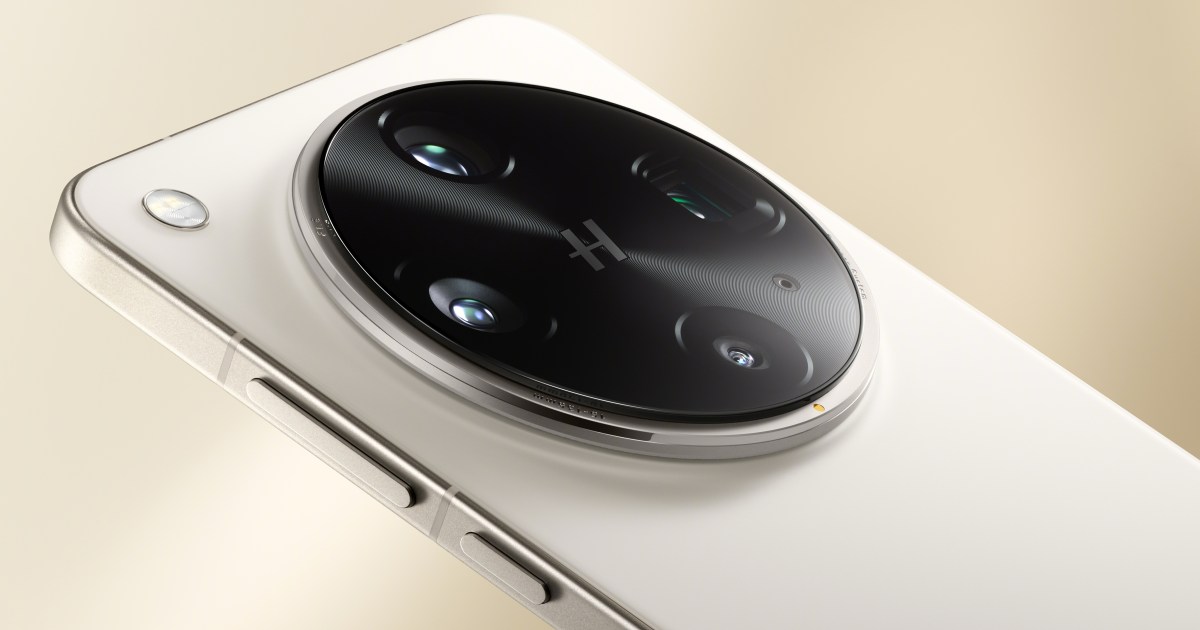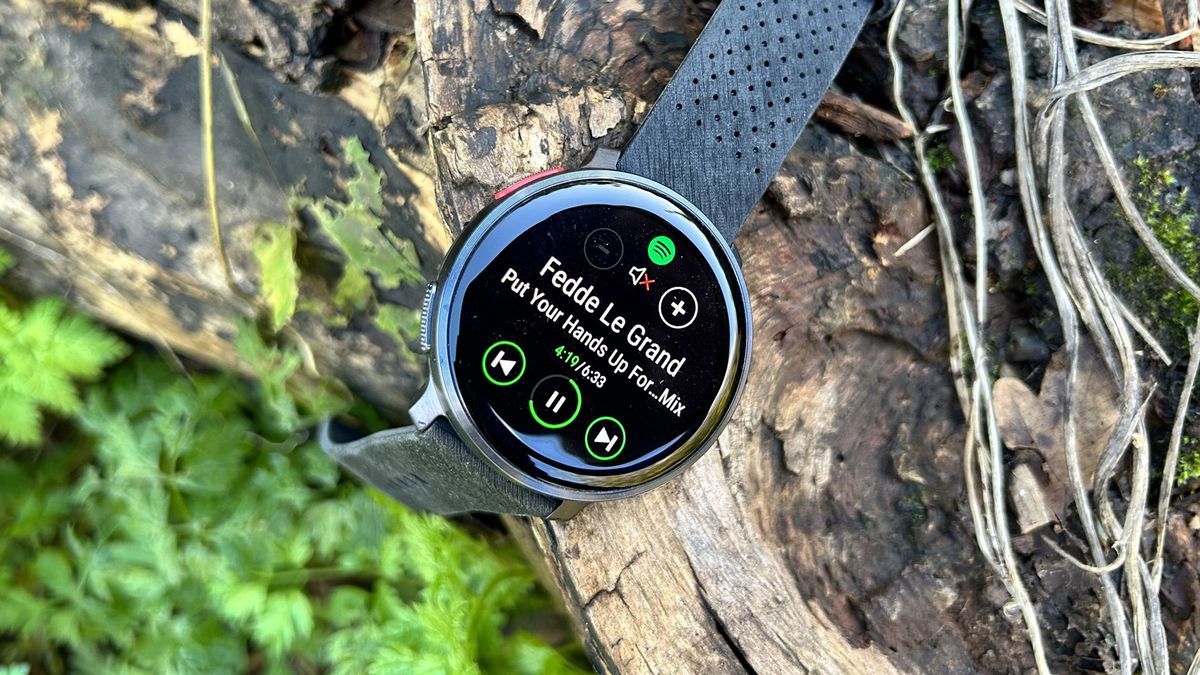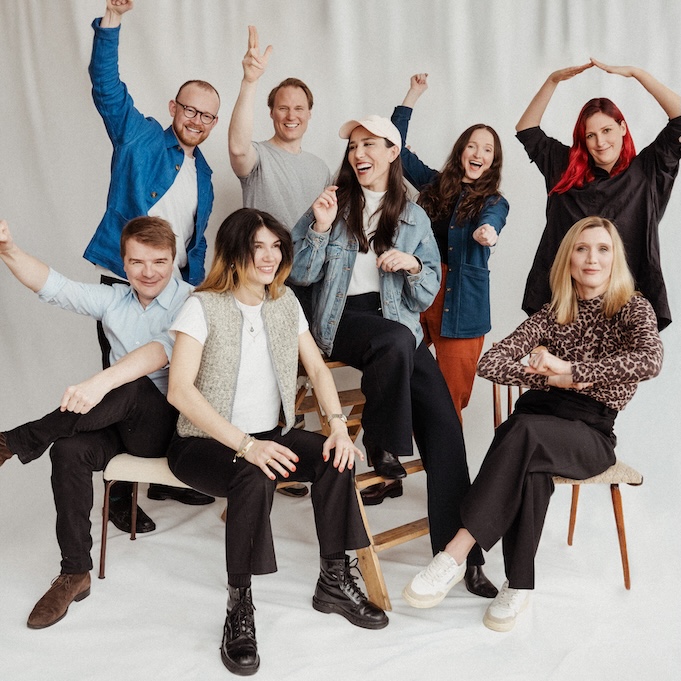
DIG Ventures receives a $100 million investment in its attempt to attract early-stage European startups.
In recent years, the number of "operational VCs" in Europe has increased, referring to ex-founders who have become venture capitalists. This trend is more common in the United States, where most VCs come from experiences as founders.
In recent years, the number of venture capitalists in Europe coming from the startup founding realm, known as "operator VCs," has increased. This trend contrasts with the situation in the United States, where most VCs are former founders. In Europe, the majority of venture capital investors tend to come from banking or finance-related activities. Recent examples on the continent include figures like Taavet Hinrikus, founder of Wise; Oscar Pierre, founder of Glovo and Yellow Fund; and Christian Reber, founder of Pitch.
Ross Mason, after selling MuleSoft to Salesforce in 2018 for $6.5 billion, established DIG Ventures, which initially began as a family office and later transformed into a venture capital fund. Together with his partner Melissa Klinger, former sales head at MuleSoft in the UK, they have launched their second fund, their first institutional one, with a closing of $100 million aimed at investing in B2B SaaS startups, artificial intelligence, and cloud infrastructure, at pre-seed and seed stages, primarily in Europe but also considering companies in Israel and the United States.
This new fund is backed by Limited Partners (LPs) such as The Hillman Company, Granite Capital, Sofina, and Grove Street, along with participation from Olivier Pomel, founder of Datadog, and several executives from MuleSoft. DIG positions itself as an operator-led fund with a practical approach, capable of collaborating on go-to-market strategies and execution. Alongside Mason and Klinger, the team includes Rytis Vitkauskas, founder of YPlan and former partner at Lightspeed, and Scott Grimes, co-founder of Stackin’ and Uproxx.
DIG's current portfolio includes companies like People.ai, Karat, Bubble, ComplyAdvantage, PlanetScale, Rasa, Taktile, Rossum, Flock, and Prophecy. They have already started to invest capital from their second fund in companies like the observability platform Dash0, the artificial intelligence orchestration platform Nexos.ai, and the enterprise middleware PolyAPI.
Mason highlighted that after his experience at MuleSoft, he saw a significant opportunity to return to Europe and establish an operator-led fund. “We managed to identify a strategy that allows us to meet and select founders quicker than other funds,” he stated. Klinger added that the foundation builds closer relationships with entrepreneurs, thanks to their shared experience in tech. Under their approach, DIG specializes in highly technical products and the go-to-market strategy.
Mason also anticipated that the next big shift would be the creation of artificial intelligence within companies themselves, describing it as a new arms race. In this regard, Klinger emphasized Europe’s potential in the field of artificial intelligence, with considerable talent at a lower cost than the United States and a rich base of research coming from European universities. However, they acknowledged that the challenge lies in securing the necessary funding to develop these initiatives.
Meanwhile, in the United States, former founders and operators like Peter Thiel, Paul Graham, and Marc Andreessen have become prominent figures in venture capital. This trend, combined with the geopolitical changes affecting economies alongside the emergence of initiatives in Europe, suggests that the "operator VC" market could flourish on the continent.




